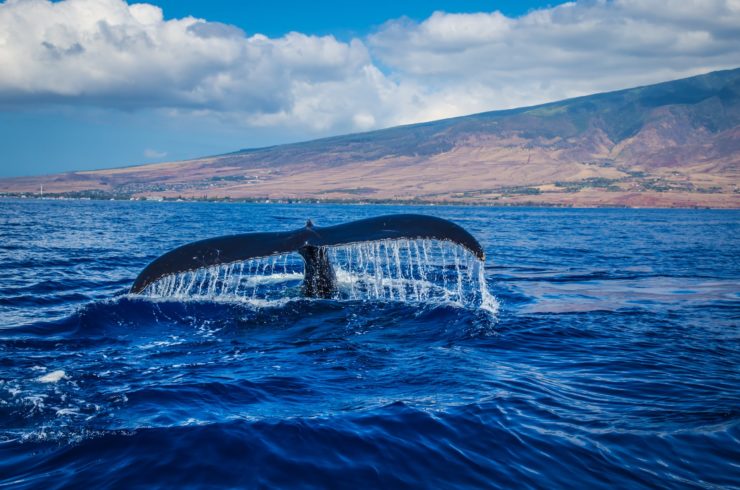
The National Oceanic and Atmospheric Administration is teaming up with a non-profit this fall to start their new initiative called the freeFLY Drone Program. The program was launched to help improve rescue efforts of whales entangled in fishing nets. As a result of fishing efforts around the world, over 300,000 marine mammals die every year after getting entangled in fishing gear. This has led to a huge decline in their populations during the past few decades.
The freeFLY Drone Program will use drones to help rescuers get a good view at an entangled whale’s situation without disturbing it or getting too close. Using the footage, rescuers will be able to make a plan as to how to save the whale from the safety of nearby boats. The crew will be able to plan exactly where and how to make the necessary cuts in the netting or other entangled debris to free the whale.
In the past, crews had to ride up to entangled whales in a small boat with a camera on a pole trying to assess the situation. This would irritate the whale making it even more entangled and at the same time posing a risk to the crew members. NOAA had to suspend all rescue efforts temporarily in 2017 when a crew member tragically died in a rescue attempt.
With drones, this doesn’t have to be the case. Drones can be operated remotely from a safe distance where the whale has no idea of its presence. It also takes up less time by using the high quality cameras. This allows the rescuers to know exactly what to do in order to free the whale in the shortest time possible. The pilot program was launched during the time humpbacks start their annual migration from the Alaskan waters to Hawaii. If successful, the program will be expanded to the West Coast and Alaska within the next year.
While this is clearly a huge step forward, there will still be lots of whales that they won’t be able to rescue. The ones that rescuers aren’t able to get to often do not make it and many die a few days after getting trapped. This is the sad reality that is expected to continue until the fishing industry makes some needed changes.
|